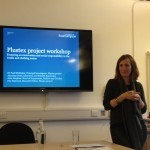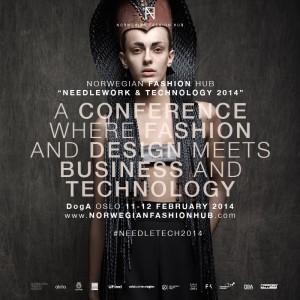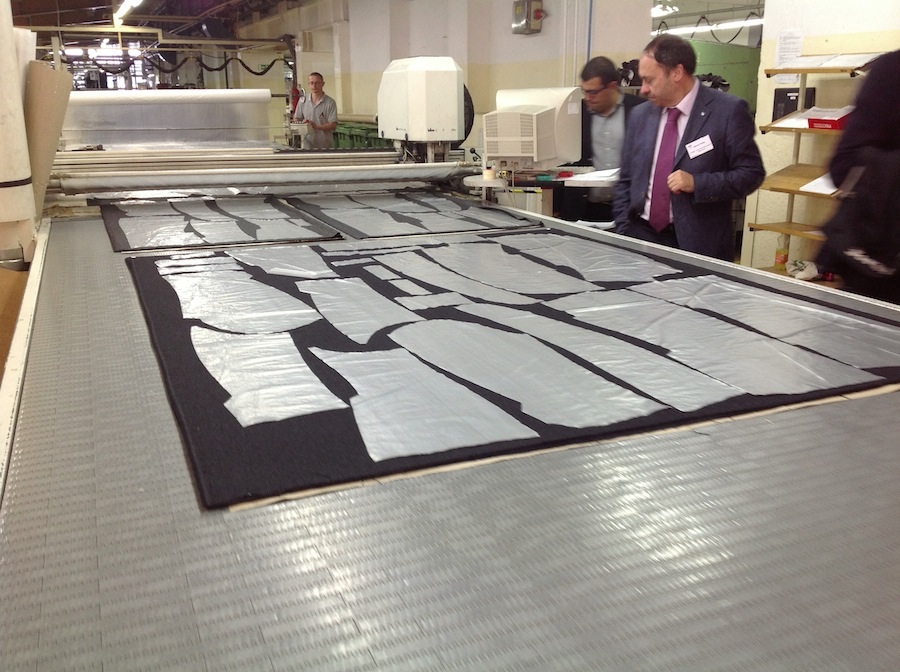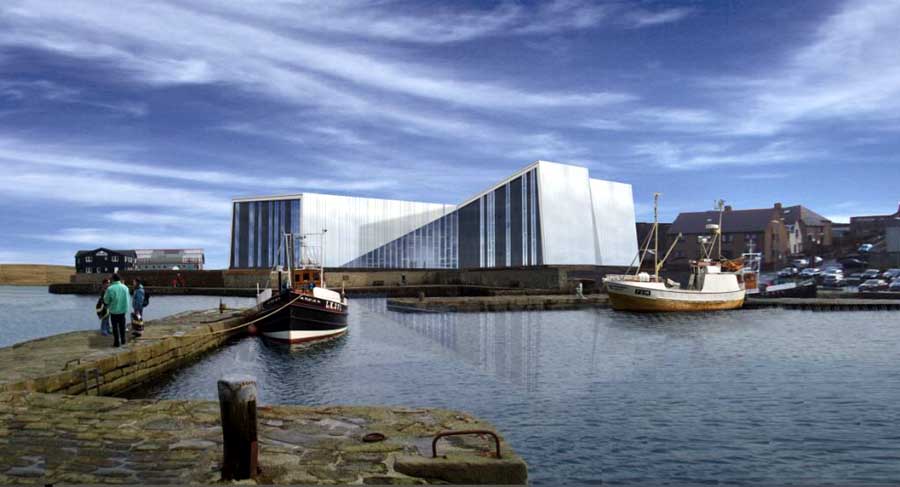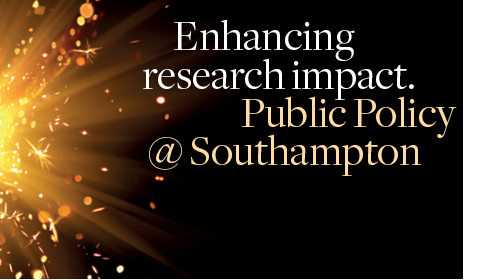
The Knitting Reference Library, which comprises the printed collections of Richard Rutt, Montse Stanley and Jane Waller, brings together books, exhibition catalogues, knitting patterns and booklets, journals and magazines.
To celebrate the centenary of WW1, The School of Art, Knitting Refrence Library and the Special Collections have developed an exhibition to draw attention to the extensive range of material relating to knitting production during the World Wars.
The exhibition begins with knitting from World War 1 (1914-1918) and World War 11(1939-45). There is a focus on the official and non-official in leaflets, patterns and postcards. It then shows knitting through the twentieth century to the present day using the themes of – knitwear for men and women, knitting in magazines, swatches, tools and materials, and a student project related to the Montse Stanley Collection of bags and purses.
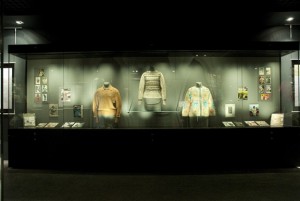
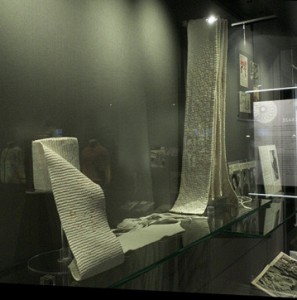
You can link to more news of the exhibition here.
Day 1 Programme:
10.15-10.45 Linda Newington “Knitting 1914-2014: exhibition concept and themes“
10.45 – 11.15 Anna Mcnally “Loose threads: hunting for knitting in the archives”
11.15 – 11.45 Jonathan Faiers “Class conscious and cosy: exporting British knitwear in “The Ambassador”
11.45 – 12.15 Questions to the panel
12.15 – 14.00 Lunch and time to visit the exhibition in the Hartley Library
14.00 – 14.45 Gill Clarke “Home front woollies: art and knitting in the First and Second World War”
14.45 – 15.15 Victoria Walters “Acting for the body of society: thinking through knit in the work of Rosemarie Trockel”
15.15 – 15.45 Deryn Relph “Repeat from *: patterns of reoccurrence and reinvention”
15.45 – 16.00 Questions to the panel
Day 2
10.15 – 10.45 Martin Polley “Sweaters and the services: knitting patterns and the military”
10.45 – 11.15 Tom Van Deijnen “From piece work to a modern classic: the development of Sanquhar knitting”
11.15 – 11.45 Alex Pengelly “Future heirlooms”
11.45 – 12.15 Dawn Cole “The silence of knitting”
12.15 – 12.45 Questions to the panel
12.45 – 14.00 Lunch
14.00 – 14.45 Linda Newington “The Knitting Reference Library at Winchester School of Art: 10 years in the making”
14.00 – 16.00 Pop-up Knitting Reference Library in the Gallery
15.30 – 16.00 Tea and cake
16.00 – 18.00 Reception and launch of “Textile: Journal of Cloth and Culture” Special edition edited by Jonathon faiers from In the Loop 3, held at Winchester Dicovery centre in September 2012.
The PLUSTEX partners on visit to Southampton, 14th and 15th May 2014, will have the opportunity to see the Knitting Reference Library and how students engage creatively with the collections.



